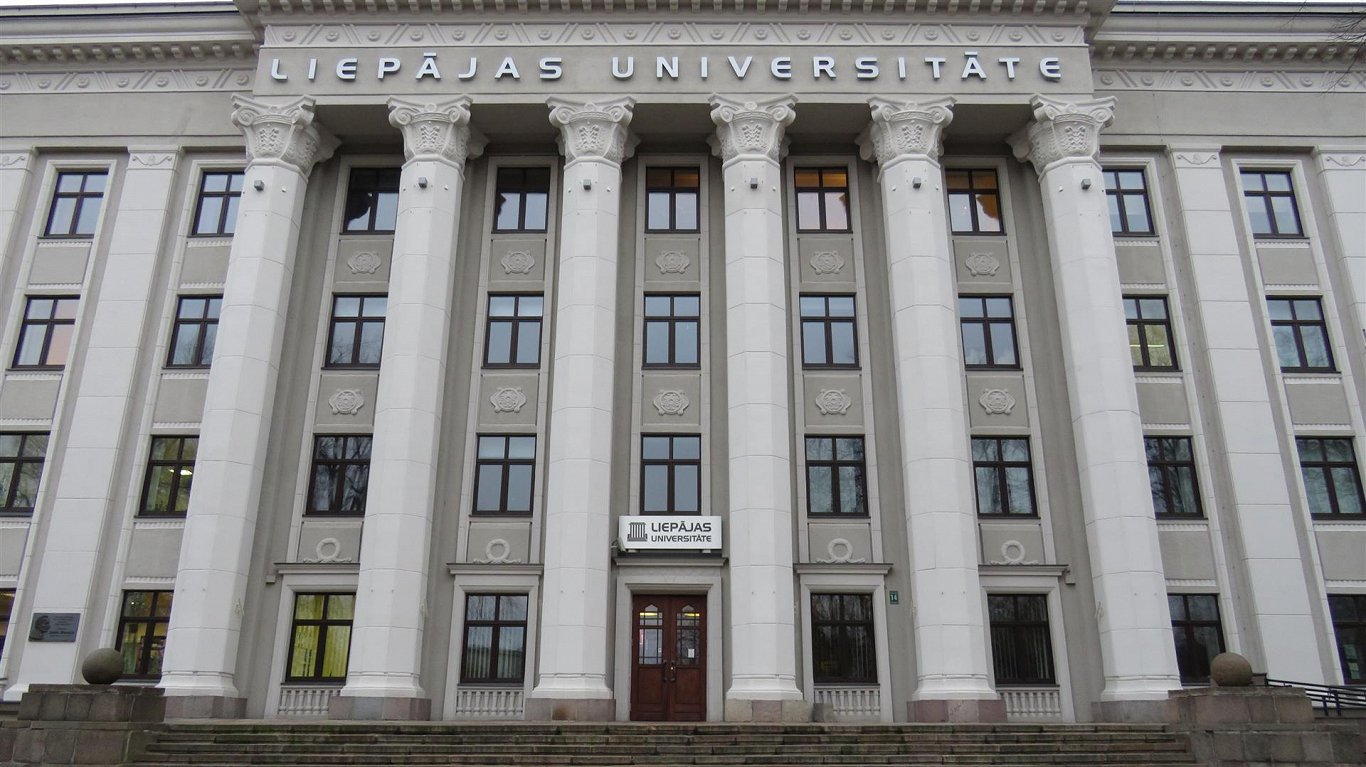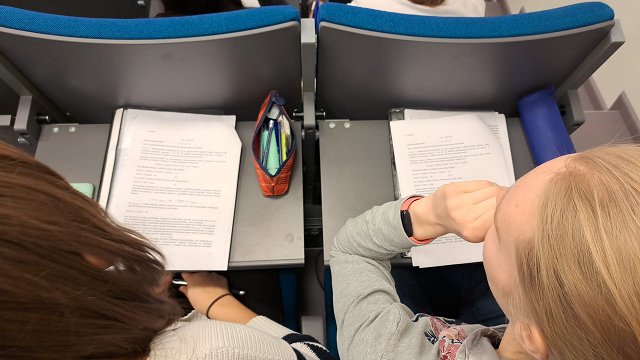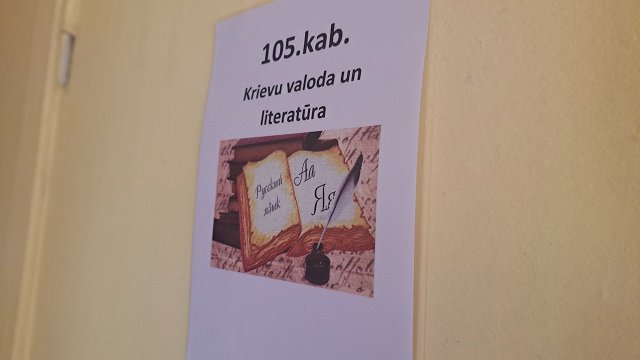Last year, these three universities decided to form an association to use resources more effectively and to avoid losing status. However, currently there is no definition of consortium in the law on higher education, and this is a problem.
In the summer of last year, a memorandum of cooperation on the creation of a consortium of three regional universities – Liepāja University, Daugavpils University and University of Life Sciences and Technologies – was signed. It could also be called a university association, which would set up a joint doctoral school, share new study programs and also cooperate within existing programs.
In accordance with the plan, there had to be a clear strategy for the consortium and its branding at the end of February. However, its creation is hampered by the fact that the consortium is still not defined in the Law on Higher Education.
“Creating a consortium right now – we are on it slowly. Meet, come together, think what could be done. But what we found in the autumn, there is no legal basis for setting up a consortium.
"As the amendments to the Law on Higher Education are currently in the Saeima, we have now reached the common denominator, we are working on definitions and trying to ensure that this definition is incorporated into law,” said Irina Pilvere, rector of LLU.
The definition prepared by universities has already once been rejected by the Saeima. The Ministry of Education and Science (IZM) proposed its own option, but it was also rejected by the Saeima Education, Culture and Science Committee.
IZM's definition provided that the consortium is a transitional period prior to the merger of universities. Without this end goal, it is not necessary to define it, as considered by both the Ministry and the Saeima committee.
“The Ministry has proposed this, but there was a very rapid reaction from universities that no common government organs will be formed here,” said Arvils Ašeradens, Chairman of the Saeima Education, Culture and Science Committee.
Universities, however, said they are not opposed to integration. “Whether it's going to be a single university or a kind of association – it's all about research and comparison in the course of event. But if there is no idea of consortium at all, nothing is going on,” said Dace Markus, rector of the University of Liepāja.
Currently, universities are working together as much as they can. For example, the LLU informs Liepāja and Daugavpils about opportunities of student admissions. However, the nonexistent legal framework creates difficulties.
“Our thought was very beautiful. Let us say, if there is an accredited course of study or a program in one of the three universities, it should also be taken and implemented in the other locations. But it turns out we can't do that either,” said LLU Rector Irina Pilvere.
The reform of universities was supported by the Saeima at the end of February in the second reading. By 17 March, proposals for third reading will be adopted, including the definition of the consortium in the Law on Higher Education.




























